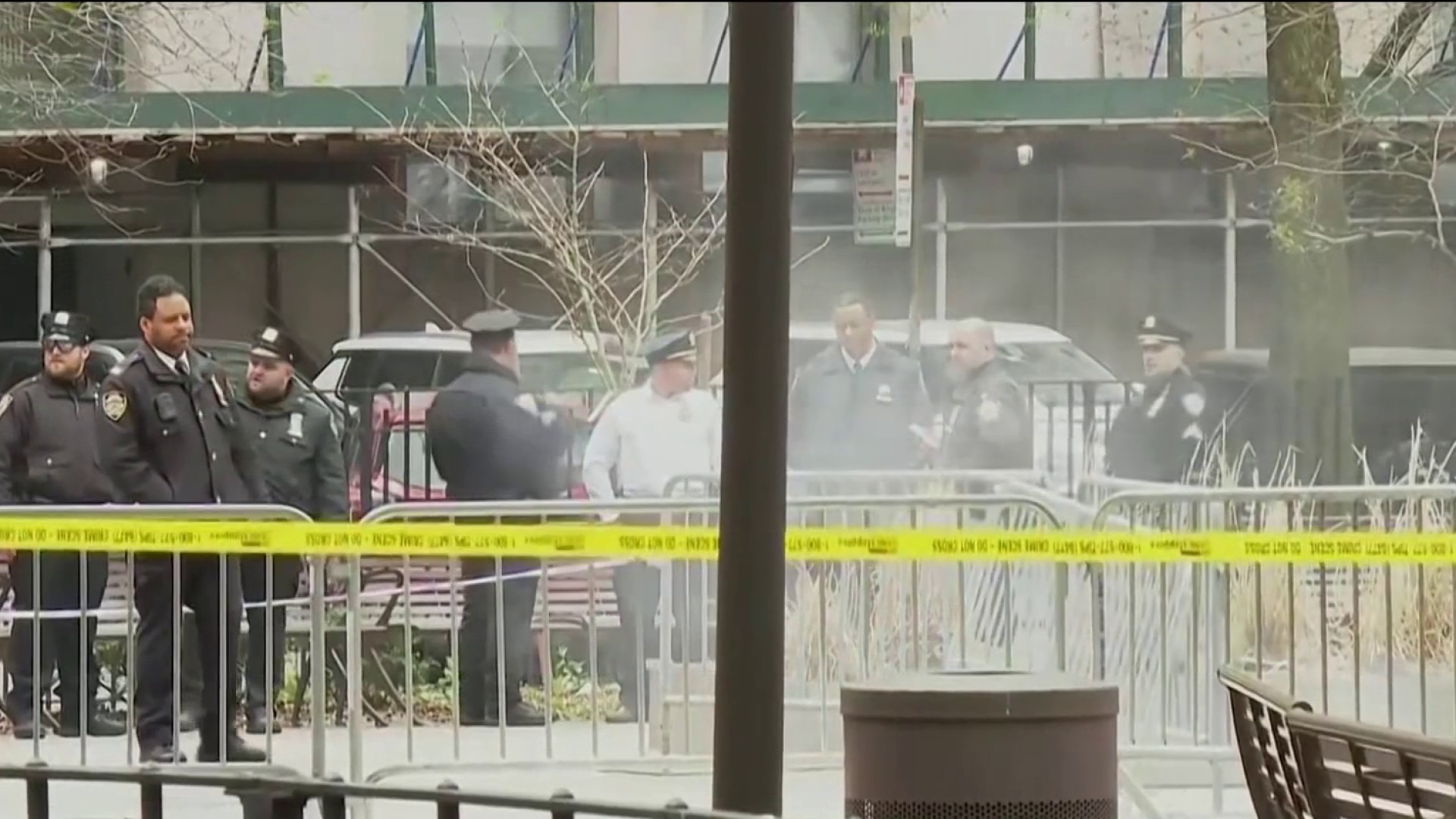Princeton University says it will make available to students a meningitis vaccine that hasn't been approved in the U.S. as it tries to stop the spread of the disease on the Ivy League campus.
The decision was announced Monday, with the first doses expected to be available next month, pending formal approval from the Centers for Disease Control.
The vaccine is approved in Europe and Australia, but the FDA said last week it would allow it to be imported for possible use at the school, which has had seven confirmed cases of meningitis since March.
The cases at Princeton have been caused by type B meningococcal bacteria, according to CDC spokeswoman Barbara Reynolds.
Under New Jersey state law, students who live in dorms must have vaccinations against other strains of meningitis. But a different type of vaccine is needed for type B.
The CDC says the outbreak at Princeton is the first in the world since the vaccine against type B was approved in Europe and Australia this year. The vaccine is going through the approval process in the U.S.
The vaccine is to be available for all Princeton undergraduate students, grad students who live in dorms and university employees who have sickle cell disease or other medical conditions that make them more susceptible to meningitis. The vaccines will be paid for by the university and are not mandatory.
U.S. & World
The B strain is among the most common in Europe and also has been found frequently in the U.S. Last year, for instance, it accounted for 160 of the 480 meningitis cases in the U.S. tallied by the Centers for Disease Control and Prevention. About one in 10 young adults with the strain dies. One in five develops a permanent disability.
The bacteria are spread by coughing, sneezing and kissing, and most cases occur in previously healthy children and young adults. The disease can easily spread in crowded conditions, like dorm rooms.
The school is telling students to wash their hands, cover their coughs and not to share items such as drinking glasses and eating utensils.



